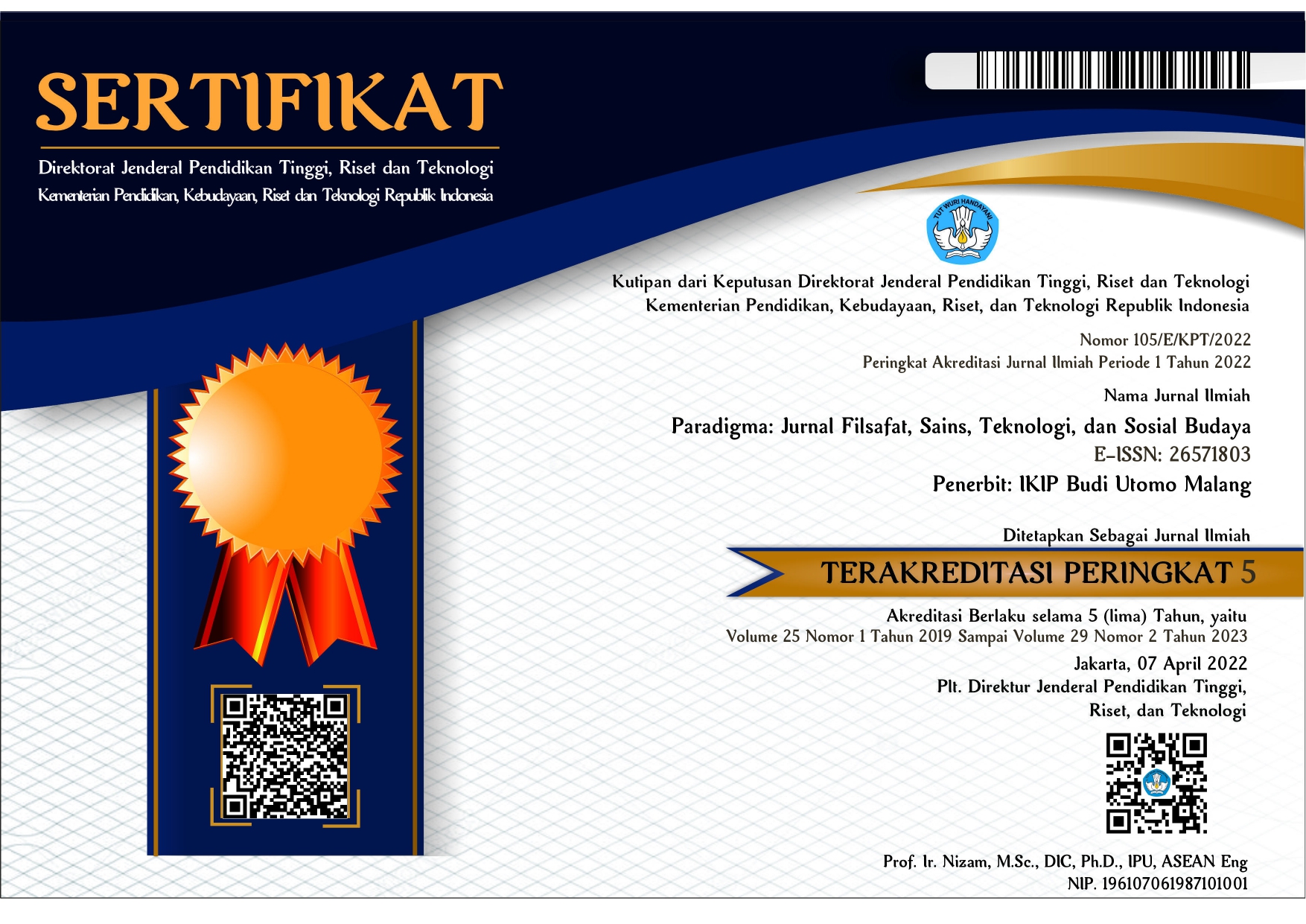Religion, globalisation and cosmopolitanism
Abstract
Islam is a religion that is very fast developing in Indonesia, even though before Islam came in later it was not a problem in spreading Islamic law until now it is still strong and is trusted and trusted by almost the entire population of Indonesia. Globalization is the trigger for a change in cosmopolitanism and multiculturalism, because globalization is a process that blurs national boundaries, integrates economy, culture, technology and government, thereby creating increasingly complex dependency relationships. In addition, Globalization has succeeded in expanding the reach and accelerating the flow of capital, goods, people and ideas across nation-state boundaries. The nature of dependence and ease of access provided by Globalization has made cosmopolitanism and multiculturalism develop in various countries. The developments that occurred were not accompanied by the development of public knowledge regarding these two matters. Therefore, many people are often mistaken in using the terms cosmopolitanism and multiculturalism. Especially the term cosmopolitanism which is more often used to describe the multicultural condition of a city or country. With the existence of Religion, globalization and cosmopolitanism can distinguish the roles of the three. In this study, the authors put forward these three aspects by using Gusdur's or Abdurahman Wahid's thoughts regarding the three aspects used. therefore the author also presents Religion, globalization and cosmopolitanism by explaining the differences between the three. as well as explaining the views of the public on these provisions which are elaborated through Religion, globalization and cosmopolitanism. The factor for the birth of Cosmopolitan Islam, which was conceived by Gus Dur, was to address some of the nation's problems that were increasingly irregular, such as the social and political setting of the New Order era, which was finding its supremacy until the -the fall of a Soeharto regime.








.jpg)



